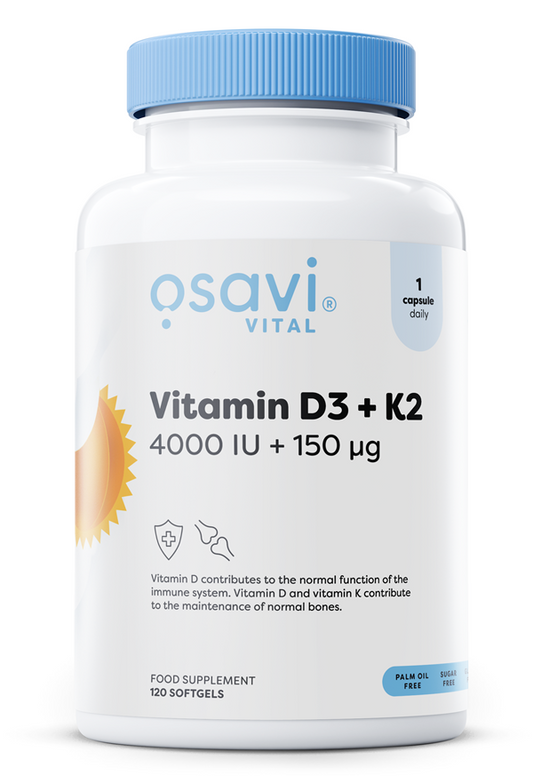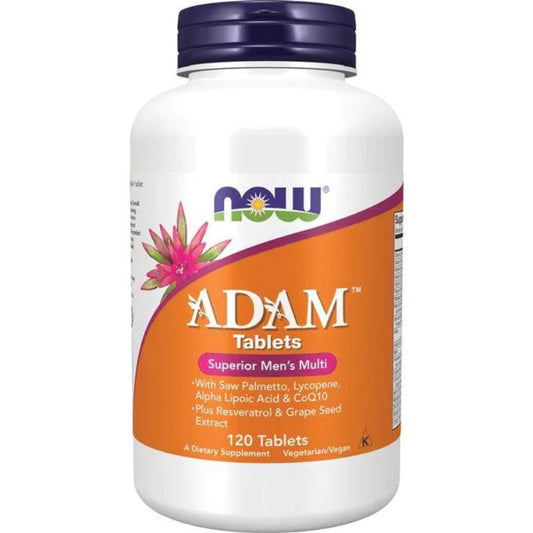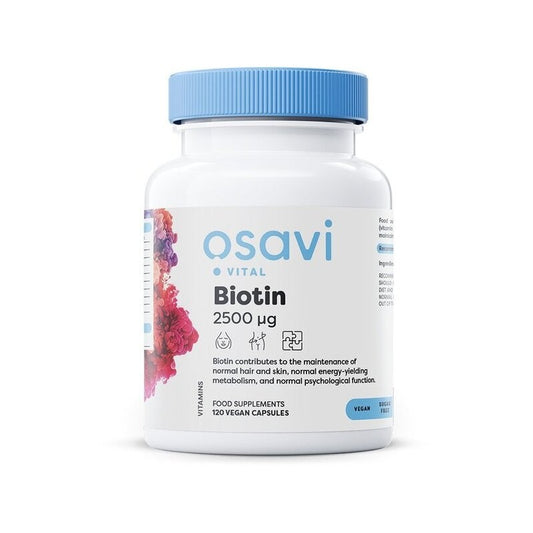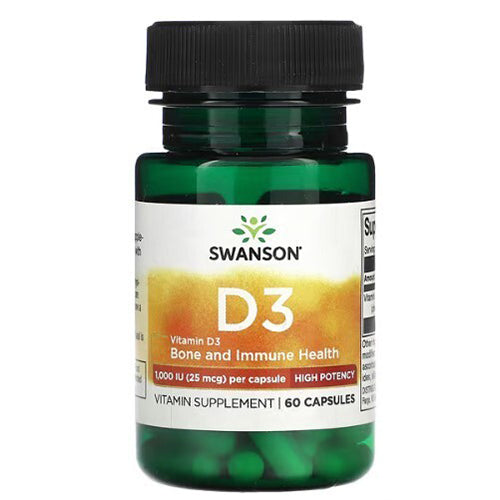
Poor Appetite and Digestive Discomfort – Causes, Symptoms, and Natural Support
Jakub SkibaDo you often find yourself skipping meals, feeling full after only a few bites, or experiencing bloating, nausea, or stomach cramping after eating? Poor appetite and digestive discomfort are common issues that can impact your energy, mood, and overall quality of life. While occasional stomach upset is normal, persistent appetite loss or digestive problems may indicate underlying nutrient deficiencies, hormonal imbalances, stress, or even the effects of certain medications. Understanding the causes, recognizing the symptoms, and supporting your body with the right nutrients and lifestyle habits can help restore your appetite, improve digestion, and promote overall wellness.
Common Causes of Poor Appetite and Digestive Discomfort
Several factors can contribute to appetite loss or digestive issues, including:
-
Digestive conditions such as IBS, acid reflux, or gastritis
-
Stress and anxiety affecting the gut-brain connection
-
Medications like antibiotics, antidepressants, or pain relievers
-
Imbalances in gut bacteria or chronic infections
-
Hormonal changes, including PMS, menopause, or thyroid issues
-
Irregular eating habits, skipping meals, or eating too fast
Signs Your Appetite and Digestion May Need Support
Look out for these common symptoms of digestive discomfort or poor appetite:
-
Feeling full after just a few bites of food
-
Frequent bloating, cramping, or nausea
-
Unintentional weight loss or difficulty maintaining weight
-
Irregular bowel movements, such as constipation or diarrhea
-
Nutrient deficiencies indicated by hair, skin, or nail changes
Nutrients That Support Appetite and Digestive Function
Providing your body with the right nutrients can help restore appetite, improve digestion, and reduce discomfort:
Probiotics
-
How they help: Promote a healthy gut microbiome, ease bloating, and support nutrient absorption.
-
Sources: Yogurt with live cultures, kefir, kimchi, sauerkraut
-
Supplement tip: Multi-strain formulas with Lactobacillus and Bifidobacterium
Ginger
-
How it helps: Supports digestion, reduces nausea, and can stimulate appetite
-
Sources: Fresh ginger tea, grated in meals
-
Supplement option: Standardized ginger extract or capsules
Zinc
-
How it helps: Regulates appetite and supports gut lining repair
-
Sources: Shellfish, pumpkin seeds, lentils, poultry
-
Supplement tip: Zinc gluconate or picolinate
Vitamin B1 (Thiamine)
-
How it helps: Supports appetite and energy metabolism
-
Sources: Whole grains, pork, legumes
-
Supplement option: B-complex or individual B1 supplements
Digestive Enzymes
-
How they help: Break down proteins, fats, and carbohydrates for better nutrient absorption
-
Natural sources: Pineapple (bromelain), papaya (papain)
-
Supplement: Broad-spectrum enzyme blends
Peppermint Oil
-
How it helps: Relaxes gut muscles, eases cramping and bloating
-
Sources: Peppermint tea or enteric-coated capsules
Lifestyle Habits to Improve Appetite and Digestion
Supporting your digestive system isn’t just about nutrients. Lifestyle habits play a major role:
-
Manage Stress: Practice meditation, deep breathing, or short walks to calm your nervous system
-
Practice Mindful Eating: Eat slowly, chew thoroughly, and reduce distractions
-
Stay Hydrated: Water helps move food through the digestive system and aids nutrient absorption
-
Identify Triggers: Monitor foods that worsen bloating or discomfort, such as alcohol, caffeine, or processed snacks
-
Follow a Meal Routine: Eat at consistent times to help regulate appetite and digestion
-
Gentle Movement: Walk after meals to promote gut motility and reduce bloating
When to See a Healthcare Provider
If appetite loss or digestive discomfort persists, causes unintentional weight loss, or affects your daily life, consult a healthcare professional. Persistent symptoms may indicate an underlying condition such as digestive disorders, nutrient deficiencies, or hormonal imbalances.










